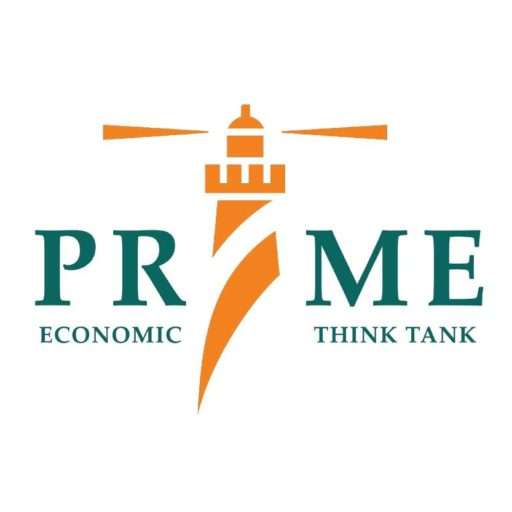Pakistan’s pharmaceuticals industry (2017)
The 17 Sustainable Development Goals (SDGs), adopted by 194 member countries of UN in 2015, are a roadmap for future human development. One of the pillars of SDGs is health, covered under SDG 3. As defined by the World Health Organization (WHO), this goal envisions ensuring promotion of healthy lives and well being for people of all ages. It is further sub-divided into 13 goals. The WHO also considers other SDGs to be closely linked to SDG 3 as they are directly related to health or will indirectly affect health outcomes. Health related targets are divided into
categories like Mortality (infant, child and maternal), Non-communicable diseases, Mental health, Malnutrition, Vaccine coverage, etc.
Achieving these would require the critical contribution of the pharmaceutical industry in the form of research and manufacturing of drugs that alleviate diseases and improve the quality of life indicators.
Pakistan is one of the signatories to the SDGs, and its population is beset with many of the health problems mentioned above. Its human development indicators are poor, and expenditure on health is minimal. Like the global scenario, the achievement of health-related SDGs is critically linked with the performance of the pharmaceutical industry. In this respect, the pharmaceutical industry in Pakistan has the potential to cater to the requirements and challenges posed by SDGs. It has the required infrastructure, dynamism, quality, human resources and the experience to provide quality drugs that can improve Pakistan’s health related outcomes. However, achievement of health-related SDGs, and pharmaceutical industry’s active participation in it, would be critically dependent upon surmounting the road blocks that have impeded its development in Pakistan. Specifically, a lot would depend upon how government led regulations and the aspirations of the pharmaceutical industry find a common ground. Once this happens, it will be much easier for the industry to be part of official efforts to achieve the SDGs, and improve overall wellbeing of Pakistani citizens.
Other than the SDGs, the pharmaceutical industry in Pakistan is well set to offer quality products at competitive rates. Its top 100 firms, specifically, can compete with the best in the region in terms of products. It’s a competitive industry that has seen healthy returns (on average), and has the potential to do even better if some of the outstanding issues facing the industry can be resolved.
To read more, download the file:


